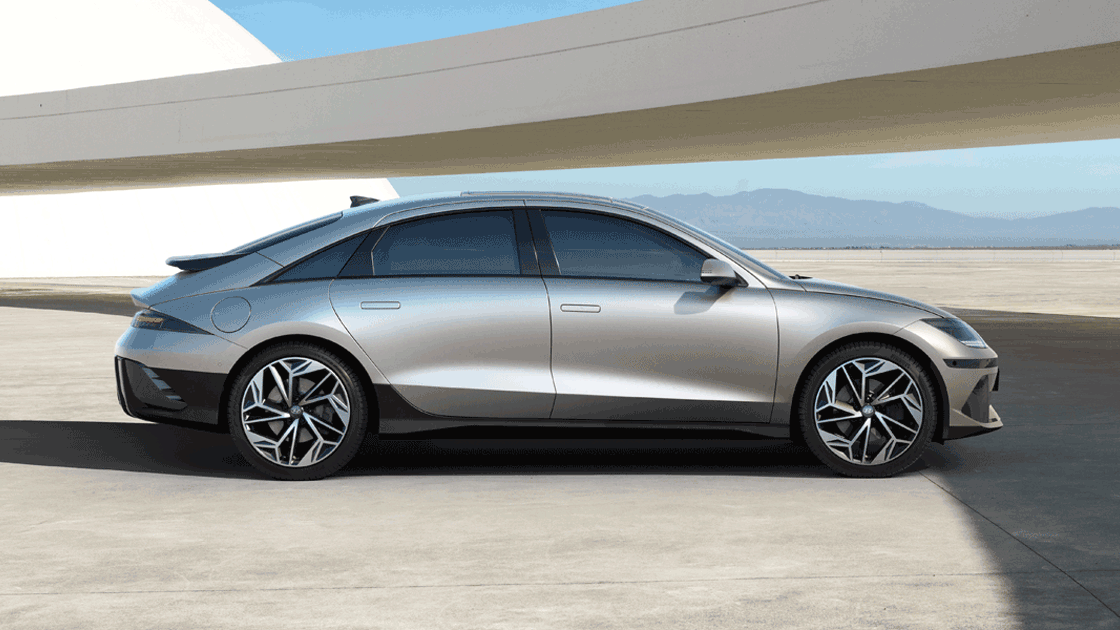In the era of environmental awareness, the trend of eco-friendly vehicles is gaining more attention. Two main options that emerge as the primary alternatives are electric cars and hybrid cars. This article will discuss the differences, advantages, and disadvantages of both to help readers choose the vehicle that suits their needs and preferences.
What are the Differences Between Electric Cars and Hybrid Cars?
Electric Cars
Electric cars operate entirely on electricity as their primary power source. They do not produce exhaust emissions and rely on charging infrastructure to recharge their batteries.
Hybrid Cars
Hybrid cars combine internal combustion engines with electric motors. They are more flexible as they can use conventional fuel, reducing exhaust emissions but not as efficiently as electric cars.
What are the Advantages and Disadvantages of Electric Cars?
Advantages
Zero Exhaust Emissions
One of the main advantages of electric cars is that they do not produce exhaust emissions during use. This not only reduces the negative impact on the environment but also contributes positively to the air quality in the surrounding area.
Lower Operating Costs
Although the initial cost may be higher, electric cars tend to have lower operating costs compared to internal combustion engine vehicles. The use of electricity as the primary power source is much more efficient and cost-effective, especially when considered in the long term.
Responsive Performance
Electric engines provide highly responsive performance and immediate power when accelerated. This provides a pleasant driving experience and supports the need for quick maneuvers in traffic.
Disadvantages
Dependency on Charging Infrastructure
One of the main challenges of electric cars is the dependency on charging infrastructure, which is not evenly distributed. Electric car owners require easy and widespread access to charging stations to ensure adequate power availability.
Higher Initial Cost
Although operating costs are lower, electric cars tend to have a higher initial cost compared to internal combustion engine vehicles. This can be a barrier for some consumers in making a purchasing decision.
Limited Travel Range
Despite ongoing battery technology advancements, electric cars still have limited travel ranges compared to internal combustion engine vehicles. Owners must consider charging points during long-distance or out-of-town travel.
By clearly understanding the advantages and disadvantages of electric cars, prospective buyers can make informed decisions based on their needs and preferences. While these vehicles offer attractive environmentally friendly solutions, the choice should align with lifestyle, requirements, and infrastructure availability in the region.
What are the Advantages and Disadvantages of Hybrid Cars?
Advantages
Fueling Flexibility
Hybrid cars offer significant flexibility by being able to use conventional fuels. This means hybrid owners can rely on existing fuel pump networks, reducing concerns about electric charging station availability.
More Affordable Initial Cost
One of the main attractions of hybrid cars is their generally more affordable initial cost compared to electric cars. This makes them an attractive option for consumers looking to reduce carbon footprint without having to make a significant upfront investment.
Extended Travel Range
Hybrid cars have an advantage in having a wider travel range compared to electric cars. The presence of internal combustion engines provides more comfort during long-distance travels or in areas that are not fully equipped with electric charging infrastructure.
Disadvantages
Still Produces Exhaust Emissions
One of the main drawbacks of hybrid cars is that they still produce exhaust emissions. Although the amount is lower than conventional internal combustion engine vehicles, this is still a significant consideration for those seeking emission-free driving options.
Higher Operating Costs
Although the initial cost is more affordable, the operating costs of hybrid cars can be higher. Maintenance and repair of dual systems (internal combustion engine and electric motor) may require extra attention and incur higher costs.
Limited Electric Motor Performance
Although electric motors contribute to fuel efficiency, the performance of electric motors in hybrid cars may be limited compared to fully electric cars. This can affect the vehicle's responsiveness and power in some situations.
Which Electric or Hybrid Car is Suitable for Urban Use?
With the rapid development of cities worldwide, the need for environmentally friendly vehicles, especially in urban areas, is increasing. Efficient mobility, low emissions, and responsiveness are key factors in choosing a vehicle suitable for use amidst urban congestion. In this context, the Hyundai IONIQ 5 emerges as an attractive option that combines the advantages of electric cars with a design highly suitable for dynamic urban life.
Advantages of Hyundai IONIQ 5 for Urban Use
Ideal Size
With compact dimensions yet still providing ample interior space, the Hyundai IONIQ 5 is highly suitable for driving on narrow, traffic-filled urban streets.
Responsive Acceleration
The electric motor of the Hyundai IONIQ 5 provides highly responsive acceleration, allowing drivers to easily navigate city traffic and adapt to rapidly changing road conditions.
Fuel Efficiency and Zero Emissions
As an electric car, the Hyundai IONIQ 5 is not only environmentally friendly but also efficient in energy usage. Its emissions-free operation makes it suitable for maintaining air quality in urban areas.
Futuristic and Ergonomic Design
The futuristic exterior and interior design of the Hyundai IONIQ 5 not only make it visually appealing but also offer comfort and practicality in everyday use. Its ergonomic features make urban driving more comfortable and enjoyable.
